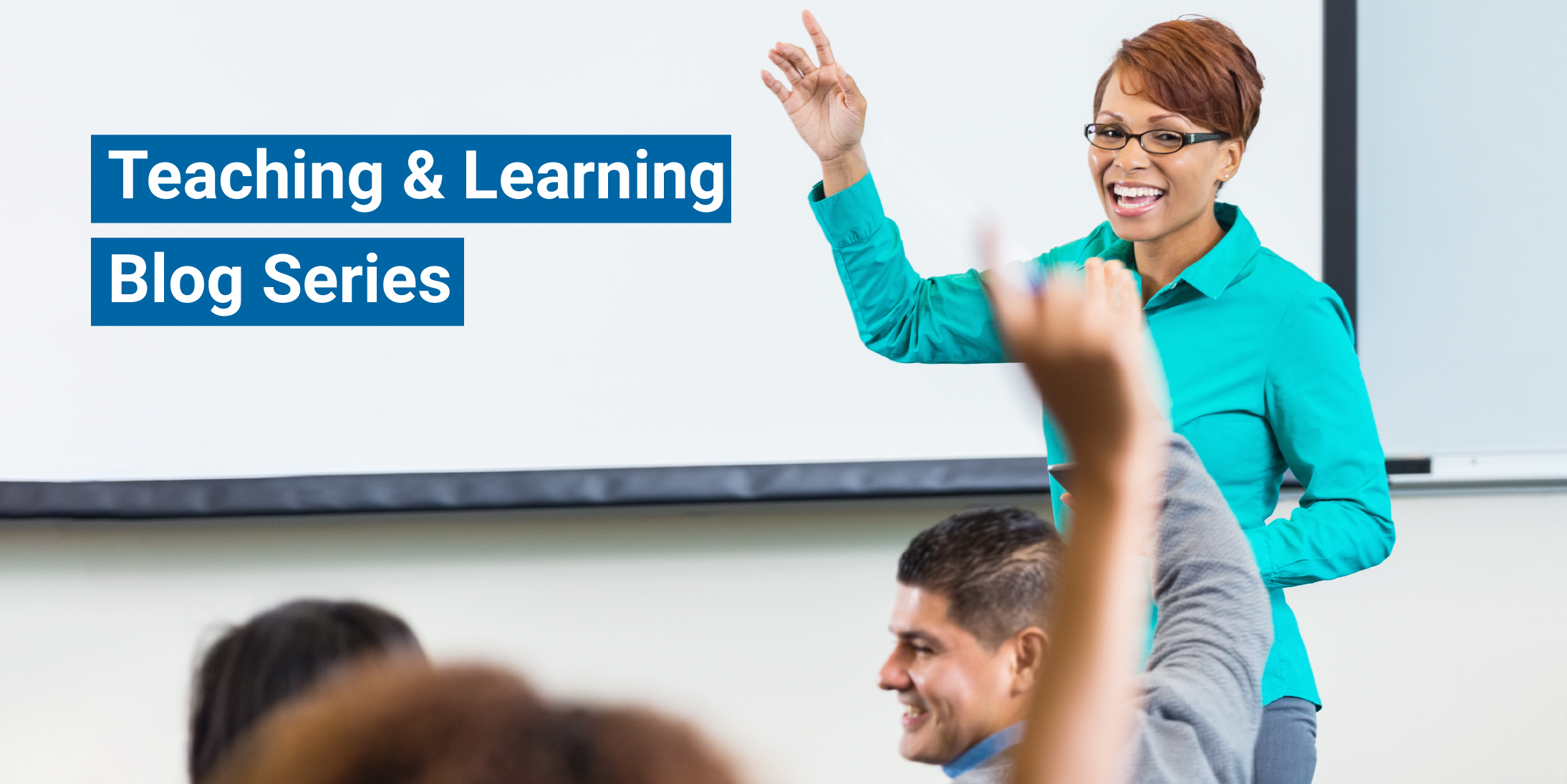Promoting Diversity at the Top
Promoting diversity at the top
 Los Angeles Southwest College President Seher Awan
Los Angeles Southwest College President Seher AwanThose who picture a “gray-haired, white, heterosexual male” when they are about to meet a community college president are not necessarily wrong, but the assumption is increasingly out of date in 2019.
Given the diverse populations they serve, two-year institutions are striving to recruit and retain a diverse set of leaders with similar life experiences to others on campus.


